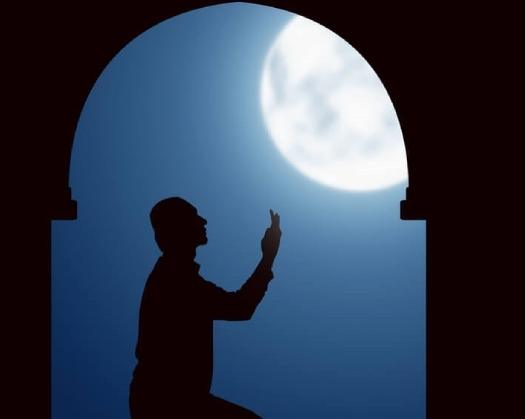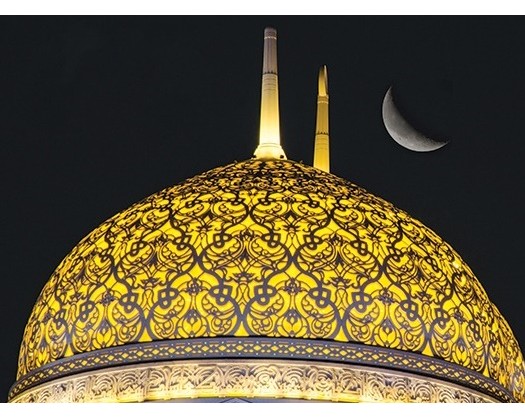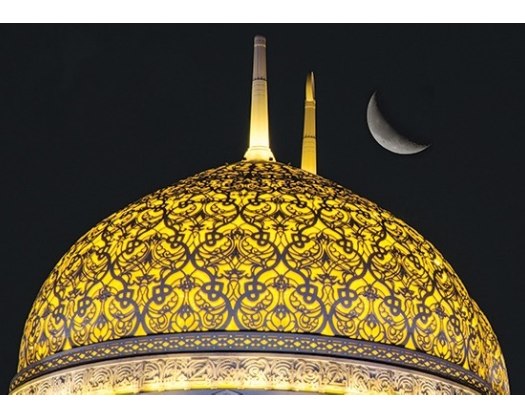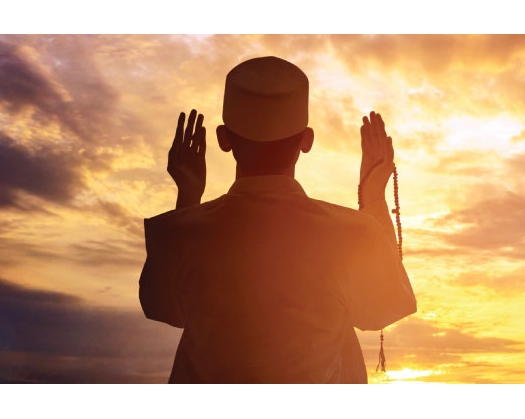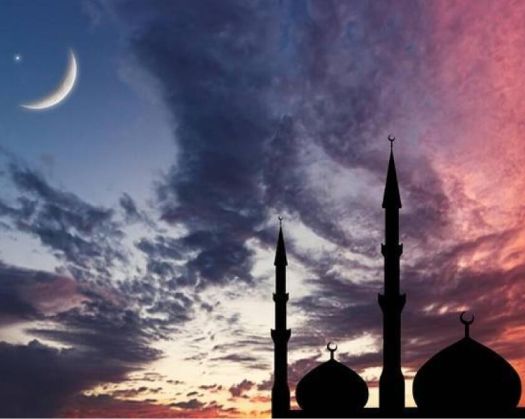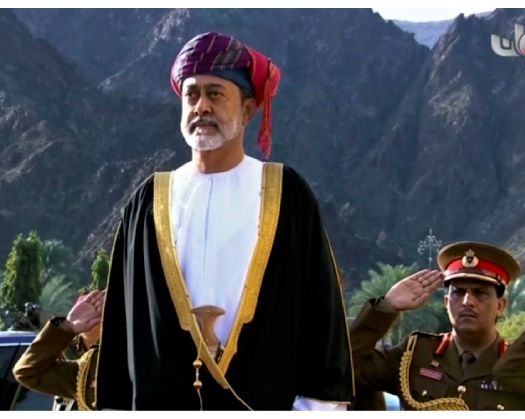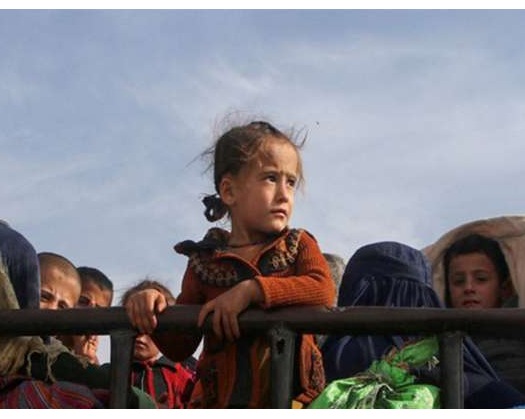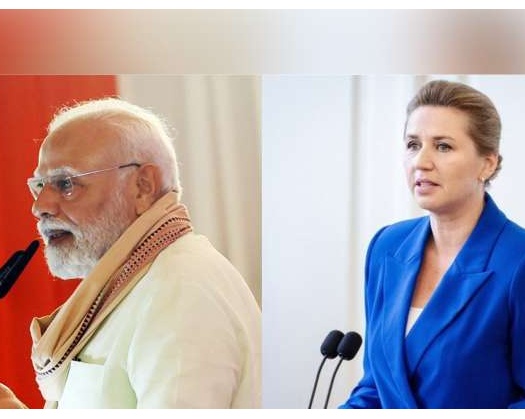Laylat al Qadr, one of the nights of Ramadhan, falls within the last ten days of the sacred month and is considered by Muslims as one of the most blessed and favored nights.
Khalid bin Aaish al Hashmi, educational supervisor at Al Kamil W'al Wafi Quranic Centre, emphasized the great significance and elevated status of this night, where rewards are multiplied, and angels descend in abundance. "It is the night when the divine lights of the Quran were revealed, and Allah Almighty has distinguished it with immense rewards, forgiveness of sins, and transgressions." The Prophet Muhammad (PBUH) stated, "Whoever stands (in prayer) on Laylat al Qadr out of faith and hope (for reward) will have their past sins forgiven."
Al Hashmi also mentioned the signs of this night, stating, "Our Prophet Muhammad (PBUH) informed us that it falls within the last ten days of Ramadhan, starting from the 21st night of Ramadhan, with signs of tranquility, peace, and security, as mentioned in the Quran (Peace it is until the emergence of dawn). During this night, souls are purified, spirits are uplifted, and Muslim men and women are enveloped in tranquility, purity, and a desire for goodness and reward."
As Muslims seek out this night on odd-numbered nights such as the 21st, 25th, or 27th of the blessed month, which consists of 30 days, Al Hashmi explained, "It is by following the guidance of the Prophet (PBUH) and searching for it on the odd nights. This Hadith indicates that it is an odd-numbered night, which encourages increased devotion in worship. Similarly, on the 27th," he added.
In relation to the religious significance of Laylat al Qadr in Islam, Al Hashmi provided an explanation, stating that Allah has elevated the importance of this night in the Quran and distinguished it with a Surah called 'Al Qadr', highlighting its status and significance.
He went on to mention that our Prophet (peace be upon him) used to observe Itikaf during the last ten days of Ramadan, eagerly anticipating Laylat al Qadr. He would wake his family and devote himself to worship throughout the night. Some pious predecessors among the Companions would spend the entire night in prayer and recitation of the Quran. All of these practices serve as evidence of the significance and status of this night in our faith.
The Quranic verses regarding Laylat al Qadr state: "Indeed, We sent the Quran down during the Laylat al Qadr. And what is Laylat al Qadr? Laylat al Qadr is better than a thousand months," (Al Qadr: 1-3).
Al Hashmi further emphasized the particular importance of this night in Islamic history, stating that it is evident that our Prophet (PBUH) emphasized its significance. The Caliph, Omar ibn Al Khattab (may Allah be pleased with him), would gather people during the nights of Ramadan, urging them to prolong their prayers. This tradition continued among Muslims in the sacred lands of Mecca, Medina, and Al Aqsa Mosque. Rulers and leaders took great care of it, and Muslims would complete the recitation of the Quran, seeking its blessings and virtues.
In the past five days, there has been a noticeable enthusiasm among people attending Taraweeh and Tahajjud prayers at mosques, which are held during midnight. These worshippers are sincerely praying for the well-being of Muslims and those who are oppressed worldwide, imploring Allah for their success and sustenance.
Al Hashmi further emphasized the significance of Itikaf, stating that mosques are now filled with individuals who are actively participating in this honorable tradition and following the practices of the Prophet.
He also highlighted that non-Muslims can gain an understanding of the importance of Laylat al Qadr by engaging in Muslim customs. This includes joining iftar and suhoor gatherings, praying in mosque courtyards, and listening to the captivating prayers and recitations of the Quran. Through these experiences, their souls are uplifted, and they draw closer to Allah. It is possible that Allah may guide them, as our religion promotes tolerance, coexistence, affection, and tranquility.
Laylat al Qadr presents a chance for individuals to reflect and contemplate upon the magnificence of the Creator and His benevolence, along with the blessings of Islam and its honorable principles.

